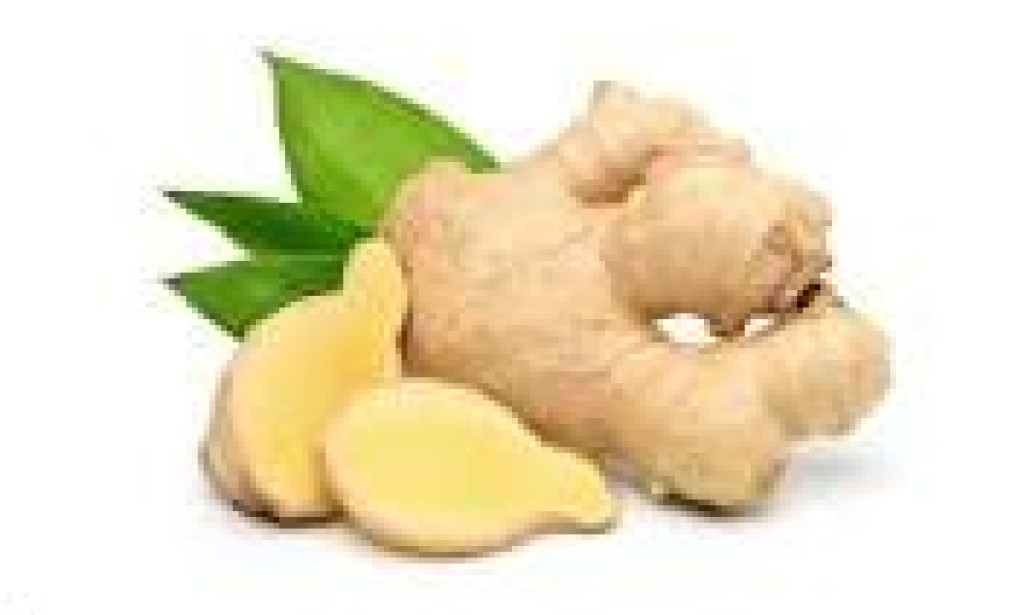Ginger is a root spice that has been used in traditional medicine for centuries. It is commonly used to add flavor to food and drinks, but it also has many health benefits. One of the potential benefits of consuming ginger regularly is its ability to help manage high blood pressure, also known as hypertension. In this article, we will explore what consuming ginger often may do to hypertensive patients.
According to Healthline, Hypertension is a common condition that affects millions of people worldwide. It occurs when the force of blood against the walls of the arteries is too high, which can lead to serious health problems, such as heart disease, stroke, and kidney failure. There are many factors that can contribute to hypertension, including genetics, diet, lifestyle, and stress.
Several studies have investigated the potential benefits of ginger for managing hypertension, and the results are promising. One study published in the Journal of Cardiovascular Pharmacology found that ginger can lower blood pressure by blocking calcium channels in the blood vessels. Calcium channels are responsible for regulating the flow of calcium into cells, which can affect the contraction and relaxation of blood vessels. By blocking these channels, ginger can help to relax blood vessels and reduce blood pressure.
Another study published in the European Journal of Clinical Nutrition found that consuming ginger can improve blood lipid levels in people with hypertension. High blood lipid levels, such as cholesterol and triglycerides, can contribute to the development of hypertension and other cardiovascular diseases. The study found that consuming 2 grams of ginger powder per day for 12 weeks significantly reduced blood lipid levels in hypertensive patients.
In addition to its potential benefits for managing hypertension, ginger also has other health benefits. It has anti-inflammatory and antioxidant properties, which can help to reduce inflammation and oxidative stress in the body. It can also improve digestion, relieve nausea and vomiting, and reduce muscle pain and soreness.
However, it is important to note that ginger should not be used as a substitute for prescribed medications or as the sole treatment for hypertension. If you have hypertension, it is important to work with your healthcare provider to develop a comprehensive treatment plan that includes lifestyle modifications, such as a healthy diet, regular exercise, stress management, and medications as prescribed.
In conclusion, consuming ginger regularly may have potential benefits for managing hypertension. Its ability to lower blood pressure and improve blood lipid levels, as well as its other health benefits, make it a valuable addition to a healthy diet and lifestyle. However, further research is needed to fully understand its effects on hypertension and its long-term safety and efficacy. If you have hypertension, it is important to discuss the use of ginger or any other natural remedies with your healthcare provider before incorporating them into your treatment plan.

You must be logged in to post a comment.